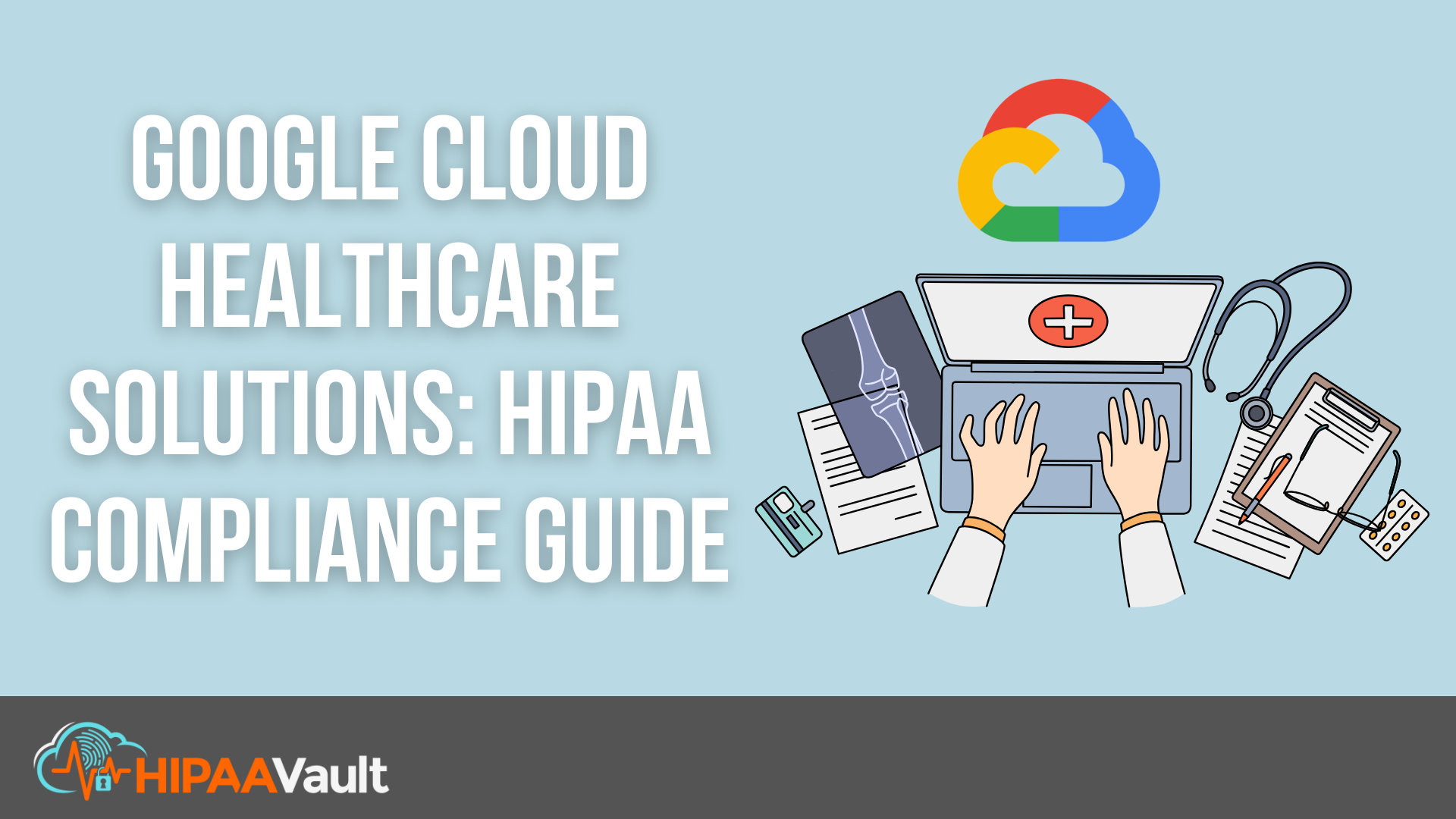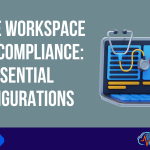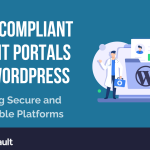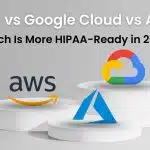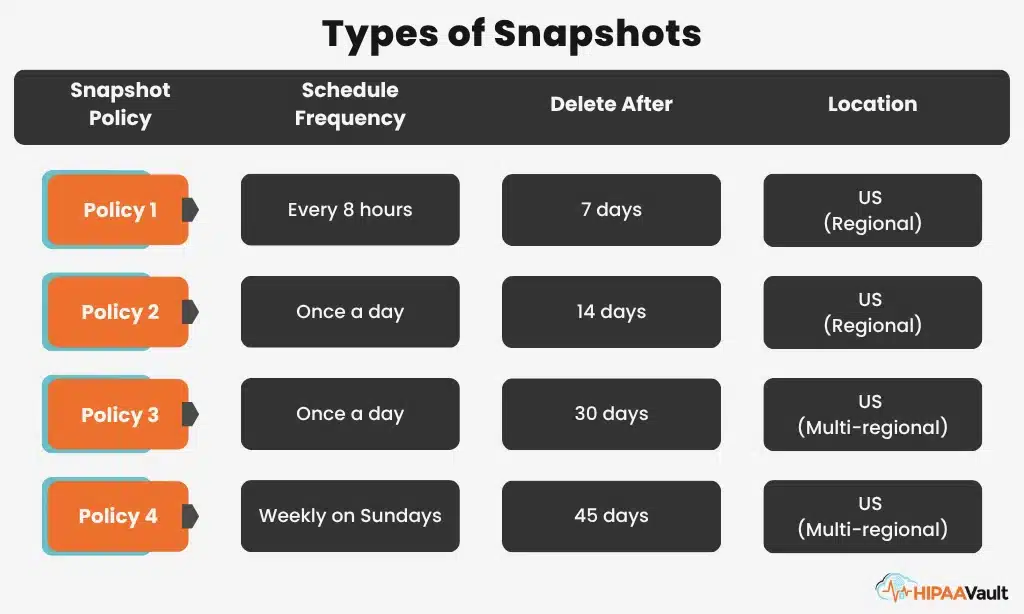In the rapidly evolving landscape of healthcare IT, ensuring the security and privacy of patient data is a top priority. As more organizations transition to cloud-based infrastructures, understanding how to achieve and maintain compliance with regulations like the Health Insurance Portability and Accountability Act (HIPAA) is crucial. Google Cloud’s healthcare solutions are designed to meet these stringent requirements, offering a robust, scalable, and secure environment for handling Protected Health Information (PHI).
This guide will explore the key components of HIPAA compliance on Google Cloud, including cloud infrastructure security, data encryption, access management, network security, monitoring and logging, incident response procedures, and compliance documentation.
Cloud Infrastructure Security
Google Cloud’s healthcare solutions are built on a foundation of world-class security. Its global infrastructure employs a multi-layered security model that includes physical, operational, and software-based protections.
Physical Security
Google’s data centers are highly secure facilities with restricted access. Physical measures include biometric authentication, 24/7 surveillance, and redundant power supplies to ensure continuous operation.
Operational Security
Security is ingrained in Google’s operations. Employees undergo rigorous training, and security audits are performed regularly. HIPAA Vault, as a certified Google Cloud partner, complements these efforts by offering tailored security configurations for healthcare clients.
Technical Safeguards
At a technical level, Google employs firewalls, intrusion detection systems, and advanced machine learning models to identify and mitigate threats in real-time. HIPAA Vault extends this by providing managed security services, ensuring that cloud environments are continually updated and monitored for vulnerabilities.
Data Encryption Requirements
Encryption is a cornerstone of HIPAA compliance, ensuring that PHI is protected both in transit and at rest. Google Cloud supports industry-leading encryption protocols to secure healthcare data.
Data at Rest
Google encrypts all data stored in its systems using AES-256 encryption by default. For additional protection, organizations can manage their own encryption keys through the Cloud Key Management Service (KMS).
Data in Transit
Data traveling between users, applications, and cloud services is encrypted using Transport Layer Security (TLS). This ensures that PHI remains secure, even as it moves across networks.
HIPAA Vault enhances this by configuring secure protocols for SFTP servers, email services, and cloud storage solutions, providing healthcare organizations with seamless and compliant encryption implementations.
Access Management
Controlling access to PHI is essential to preventing unauthorized use or disclosure. Google Cloud offers comprehensive tools to enforce the principle of least privilege and ensure secure access management.
Identity and Access Management (IAM)
IAM enables fine-grained control over who has access to resources. Administrators can define roles and permissions, ensuring that users only access data necessary for their role.
Multi-Factor Authentication (MFA)
To strengthen access security, Google Cloud supports MFA, requiring users to provide additional authentication factors beyond just a password.
Regular Audits
Google Cloud’s tools enable continuous auditing of access logs, helping organizations identify and address anomalies quickly. HIPAA Vault’s expertise in access control configurations ensures that healthcare organizations meet compliance standards without compromising usability.
Network Security
Securing the network layer is vital for safeguarding sensitive healthcare data. Google Cloud employs a range of measures to prevent unauthorized access and ensure reliable performance.
Virtual Private Cloud (VPC)
Google Cloud’s VPC allows organizations to create isolated network environments. This segmentation reduces the risk of unauthorized access and ensures that PHI is only accessible through secure connections.
Firewalls and DDoS Protection
Advanced firewalls and Distributed Denial of Service (DDoS) protection are built into Google’s infrastructure, providing an additional layer of security against cyberattacks.
HIPAA Vault Additions
HIPAA Vault extends network security with customized configurations, including secure VPN setups and enhanced intrusion detection systems tailored to the unique needs of healthcare providers.
Monitoring and Logging
Continuous monitoring and logging are critical for maintaining compliance and identifying potential threats.
Google Cloud Operations Suite
This suite includes tools like Cloud Logging and Cloud Monitoring, providing visibility into system performance and security. Logs can be exported to secure storage for analysis and compliance reporting.
Audit Logging
HIPAA-compliant audit logging ensures that all access to PHI is recorded, including details about the user, action, and timestamp.
HIPAA Vault complements these services with advanced monitoring solutions, offering real-time alerts and proactive incident responses to address potential vulnerabilities.
Incident Response Procedures
Even with robust security measures, incidents can occur. Having a clear and efficient response plan is essential for mitigating damage and maintaining compliance.
Google Cloud’s Response Framework
Google Cloud employs a comprehensive incident response framework that includes automated detection, escalation protocols, and rapid mitigation.
HIPAA Vault’s Incident Response
HIPAA Vault provides 24/7/365 support with under 15-minute response times, ensuring that any incident is addressed immediately. Our experts work closely with healthcare organizations to implement tailored response plans that align with HIPAA requirements.
Compliance Documentation
Proper documentation is a key aspect of HIPAA compliance. Google Cloud and HIPAA Vault both provide tools and services to ensure that healthcare organizations can demonstrate their adherence to regulations.
Business Associate Agreements (BAAs)
Business Associate Agreements (BAAs) outline the shared responsibilities of both parties in ensuring HIPAA compliance. These agreements serve as a critical foundation for understanding the obligations related to protecting PHI in the cloud.
Audit Support
Comprehensive documentation of system configurations, access logs, and incident reports is essential for passing audits. HIPAA Vault offers guidance on maintaining and organizing these records for easy retrieval.
Conclusion
Google Cloud’s healthcare solutions, combined with HIPAA Vault’s expertise, offer a secure and scalable pathway for healthcare organizations to achieve HIPAA compliance. By leveraging robust cloud infrastructure, advanced encryption, stringent access controls, and proactive monitoring, organizations can confidently protect PHI and meet regulatory requirements.
With a trusted partner like HIPAA Vault, navigating the complexities of HIPAA compliance becomes seamless, empowering healthcare providers to focus on delivering exceptional patient care while we handle the rest.


